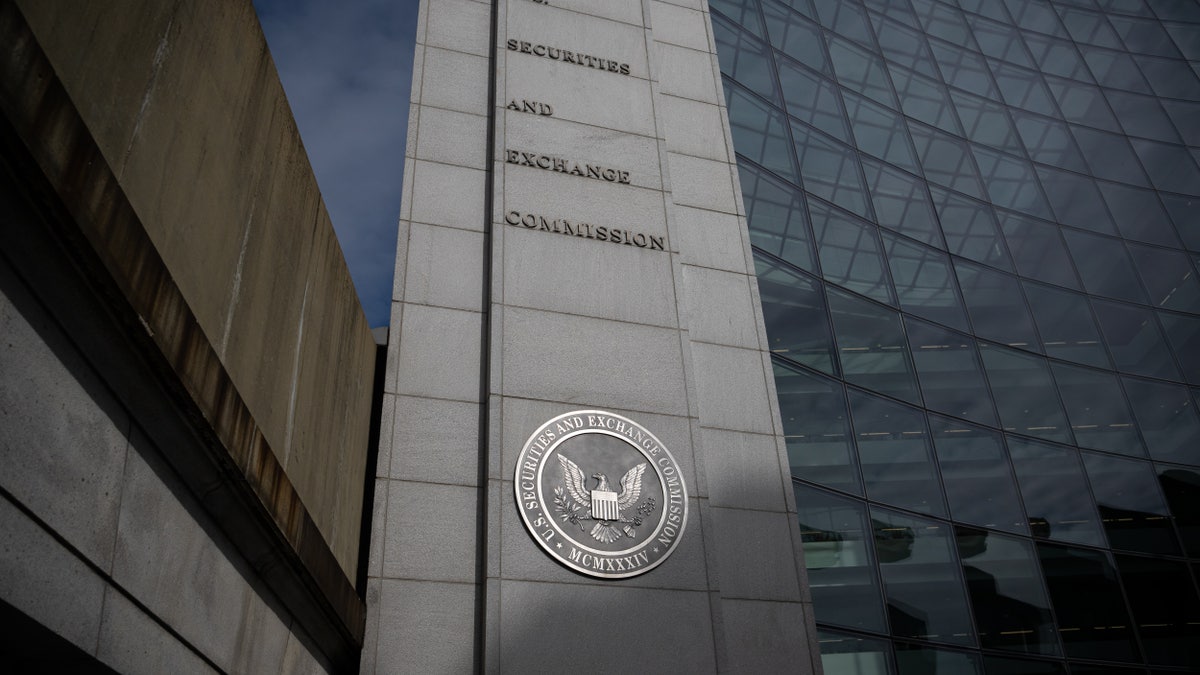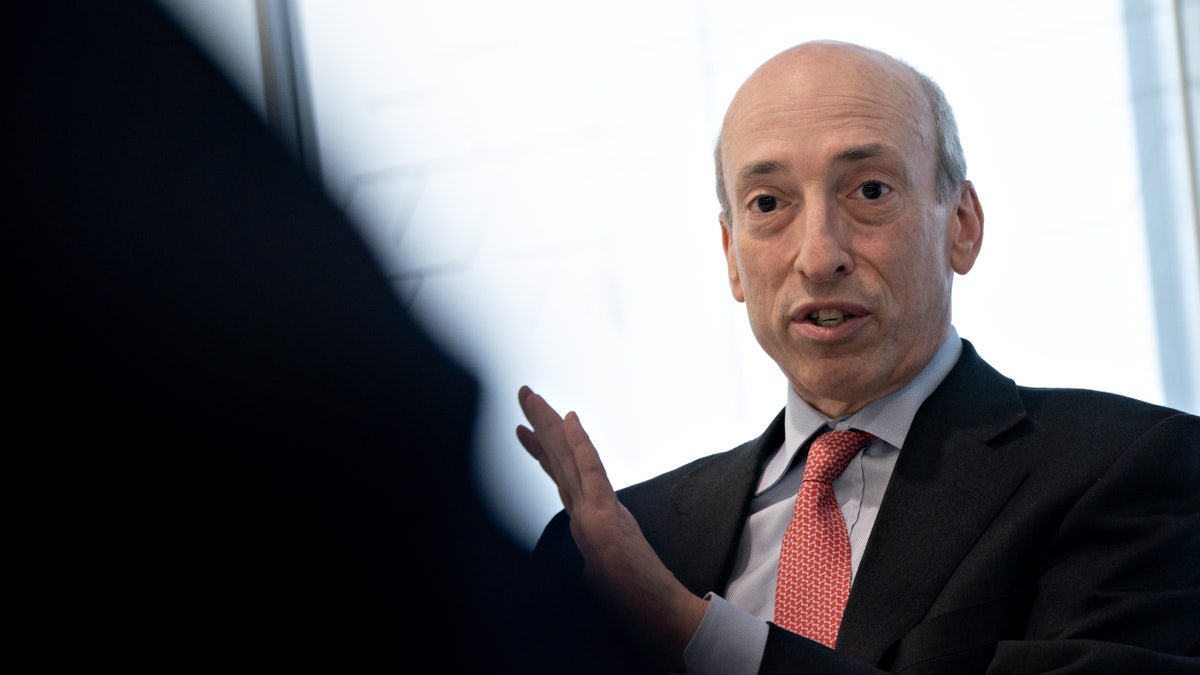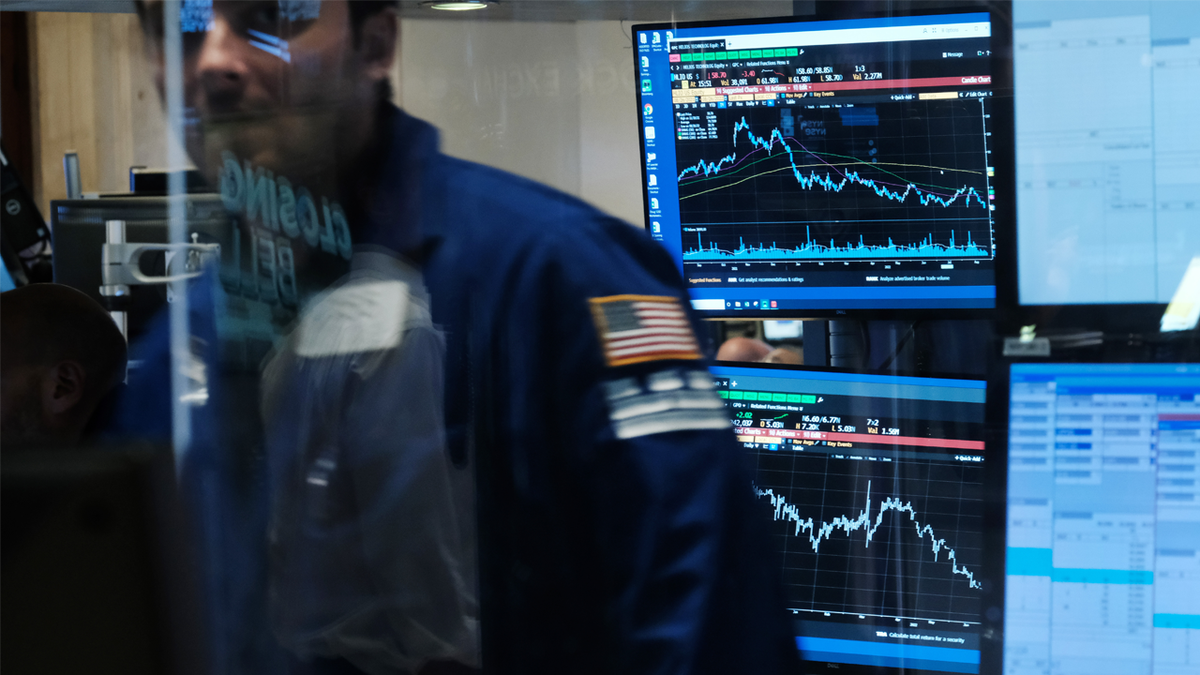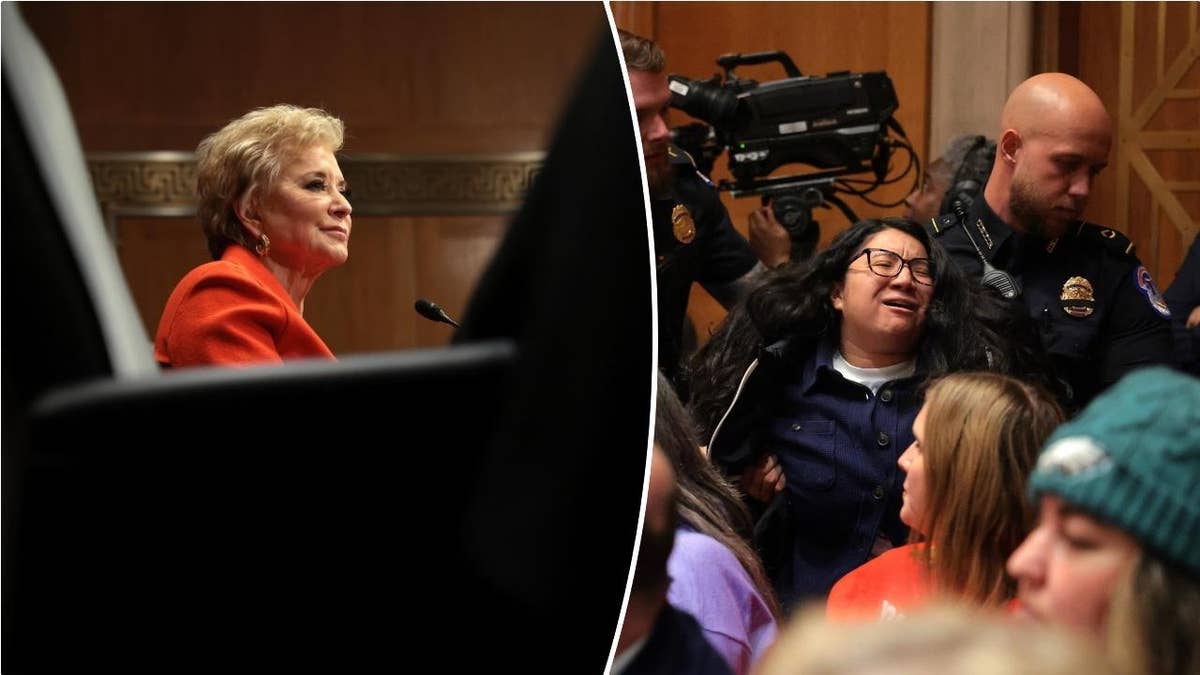The Securities and Exchange Commission (SEC) has introduced new regulations designed to mitigate the growing concerns surrounding cybersecurity and artificial intelligence (AI) in the financial sector. These rules aim to protect investors and maintain market integrity in the face of evolving technological advancements.
A key focus of the new regulations is the potential conflict of interest arising from the use of AI in trading. The SEC is particularly concerned about how AI-driven trading platforms might prioritize their own financial gains over the best interests of their clients. The 2021 GameStop "meme stock" incident, where AI may have amplified user behavior, highlighted the potential dangers of unregulated AI in trading.
The SEC's proposed rule mandates that broker-dealers eliminate or neutralize any such conflicts. Companies will also be required to disclose cyber breaches within four days of determining they've had significant material consequences for investors. Additionally, they must regularly report on their cybersecurity threat identification and management efforts.

Experts have voiced concerns about the potential for AI-driven misinformation. The "hallucinatory effects" of large language models can lead to false positives and inaccurate conclusions, posing risks to security and decision-making. The vast amount of data needed to train these AI models also raises privacy concerns, as it encourages increased data scraping by bots.

Another significant concern is the potential for AI-driven market manipulation. Automated bots could be used to influence stock prices, creating artificial market volatility. Analysts are urged to focus on identifying software vulnerabilities and assessing the potential impact of data breaches.

While the SEC has taken steps to regulate internet-based investment advisors, requiring them to register with the agency and adhere to specific guidelines, Republican commissioners have expressed reservations about the new measures. They argue that existing disclosure requirements are sufficient and that the new rules could stifle technological innovation.








